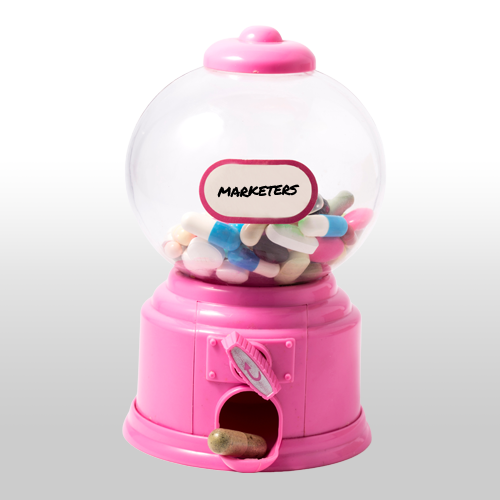A Medicine that Nonprofit Marketers Can Dispense

There’s a reason why when you hear “Surgeon General,” your mind may automatically fill in “warning.” Surgeon General Dr. Luther Terry issued a landmark report on smoking in 1964; the next year, every cigarette packet carried a warning. Surgeon General Dr. C. Everett Koop changed the discussion of HIV/AIDS with his 1986 report. Now Surgeon General Dr. Vivek Murthy is leaving office with a prescription for America asking us to confront an epidemic of loneliness.
This loneliness epidemic is something we nonprofit marketers can help solve.
I remember vividly taking a donor services call with a woman who wanted to make her $10 donation and asked me to tell Laura it was all she could give that year. Laura was the name of our organization’s national president — the person who signed all the direct mail letters we sent out. Through our letters, she had a relationship with Laura, one that kept her engaged in helping her community.
This type of connection is vital. Dr. Murthy says in his 2023 report that “Social isolation is objectively having few social relationships, social roles, group memberships, and infrequent social interaction.” (emphasis mine) He then says, “The lack of social connection poses a significant risk for individual health and longevity.”
Isolation is associated with increased risks of disease, dementia, diabetes, disability, depression, and other bad things that don’t start with d like suicide, high blood pressure, suppressed immune systems, anxiety, and hospitalization.
Specifically, elderly people are at greater risk of isolation than the public. One out of three people age 65 or older report loneliness and almost half of those 80+ say they are often lonely. But it is not just they: Only 39% of U.S. adults say they feel very emotionally connected to others.
Empathy is a muscle. When exercised, it grows. When it lies fallow, it atrophies.
Thankfully, if you are reading this, you are likely in the empathy and social connection business.
And our tools work.
While technology is not often thought of as a salve for the elderly, digital communications (whether email, social networking, video chatting, etc.) help stem loneliness and improve health. Phone calls show people there’s a friend out there. And mail provides social links for those who are physically isolated.
And belonging to organizations that work for the public good is protective — we live longer and healthier when we give. Spending money on others lowers blood pressure. Giving increases happiness and happiness lowers mortality. Giving eliminates the negative impact of stress. We are building social connection and empathy with our communications.
Of course, as we have and will talk about in many other blog posts, these connections are better when they are individualized, personalized, and connected to the identities that people carry with them every day. But perfect does not need to be the enemy of good and better. It is inherently good to talk about these great missions and enlist people in them. That good is even better when successful.
So, I’ll close the same way the Surgeon General closes his letter:
“The choice we make to build community has the power to change lives and transform society. Let us never forget that good people with hearts full of love can change the world.”